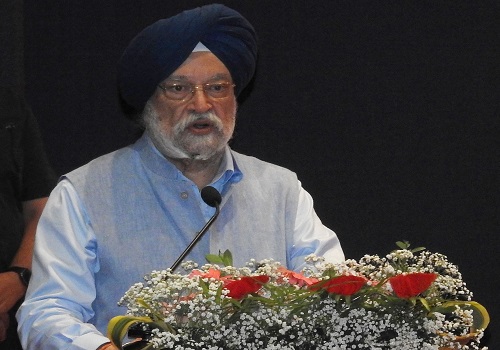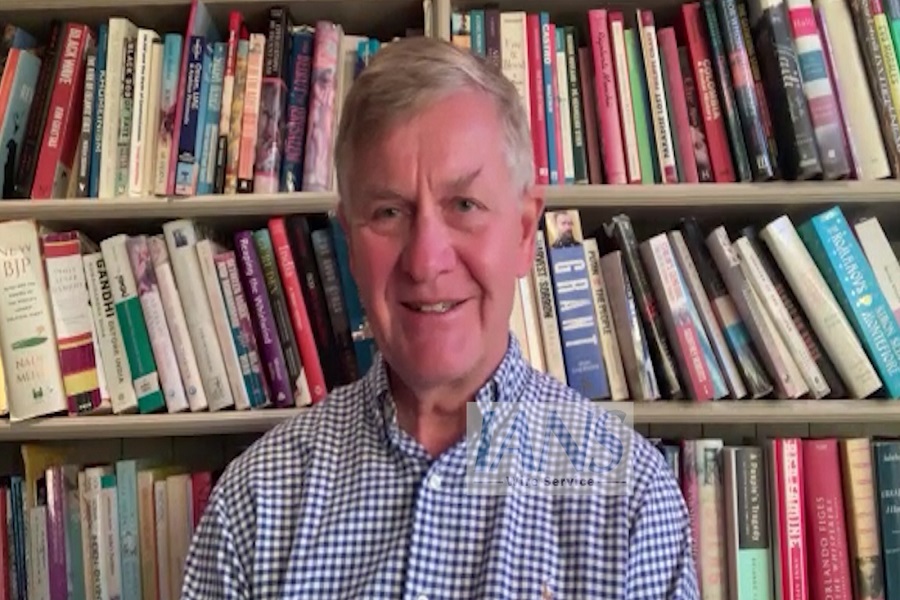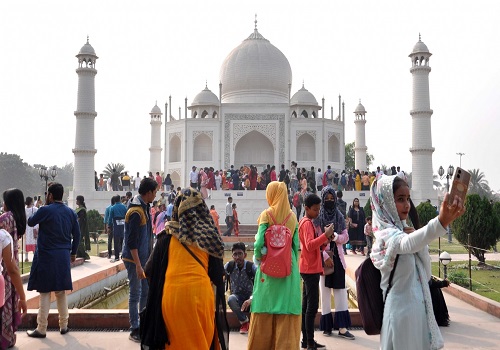Calibrated response needed for combating climate change challenges, says Hardeep Puri

Follow us Now on Telegram ! Get daily 10 - 12 important updates on Business, Finance and Investment. Join our Telegram Channel
Petroleum and Urban Development Minister Hardeep Puri on Friday called upon a calibrated policy response to climate change, which he termed as an equally big opportunity before the world as the financial crisis of 2008.
"I believe that a stronger commitment to the sustainable development goals (SDGs) and the multilateral agenda are going to be fundamental to the global response," Puri said while delivering the keynote address at the valedictory session of the World Sustainable Development Summit 2023, organised by The Energy and Resources Institute (TERI).
"India as the fastest-growing major economy with the youngest demography in the world, is aptly positioned to lead this charge. India's progress on climate action is an inspiration. Despite the pandemic, India has shown remarkable progress on numerous SDG targets without causing any negative spillovers while other countries have stagnated," he added.
The minister said that visionary proposals, such as the Panchamrit Action Plan that Prime Minister Narendra Modi has put forward at COP-26, provide the ambitious response needed to push the sustainable development agenda. India has pledged to become a net-zero country by 2070 and is on its way to cut down emissions by 1 billion tonnes by 2030.
"Environment conservation is a commitment, and not a compulsion, for India," he added.
Puri highlighted the various green initiatives of the government, namely ethanol blending and its focus on green hydrogen production.
"India's Green Hydrogen policy is a revolutionary shift which is set to make India a global hub for green hydrogen and green ammonia production. India aims to produce 5 MT Green Hydrogen annually by 2030," the minister told the gathering.
"The G20 summit presents us with a unique opportunity to conceptualise pathways that can inform global governance. In particular, India will give resonance to the voice of the Global South and highlight the common concerns of energy security and climate justice. The time has come for a paradigm shift in the international climate regime which has to move from a 'country-centric' approach to 'people-centric' approach to climate actions," Puri added.
The world, he said, is at a pivotal moment of climate action. "The globe is already 1.1 degrees warmer. To meet the Paris Agreement's targets, IPCC estimates that global GHG emissions must decrease by 43 per cent between 2025-30 and reach net-zero by 2050. There is a huge opportunity in this target. With over half of the infrastructure required by 2050 yet to be built, coordinated global efforts can ensure mass levels of low-carbon development," he said.












 320-x-100_uti_gold.jpg" alt="Advertisement">
320-x-100_uti_gold.jpg" alt="Advertisement">












